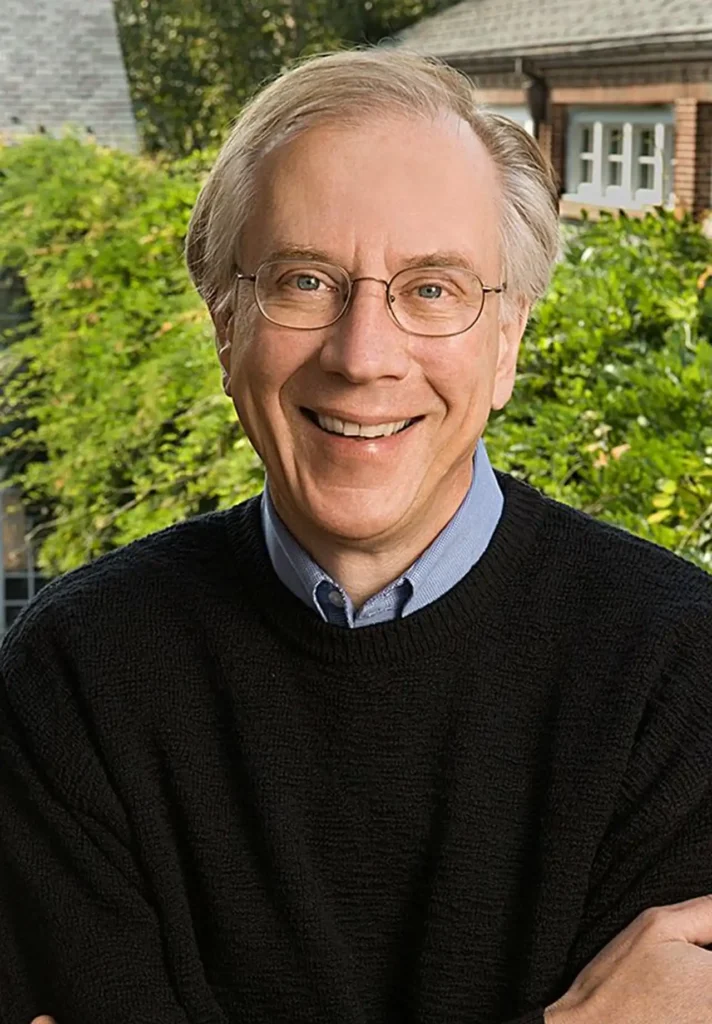Thomas Cech: A Scout’s Journey to Nobel Laureate
Thomas Cech’s story is a compelling illustration of how the foundational values and skills learned in Boy Scouts can catalyze extraordinary achievements. Born in Chicago in 1947, Cech’s early years in the Scouts were marked by an enthusiasm for exploration and an innate curiosity about the natural world. These formative experiences in Boy Scouting, where he reached the prestigious rank of Eagle Scout, nurtured his developing interest in science, particularly in biology and chemistry.
As an Eagle Scout, Cech embraced the Scout Law and Oath, which emphasize duty to country, helping others, and continuous self-improvement. These principles guided him throughout his life, both personally and professionally. The discipline and resilience he developed as a Scout proved essential during his rigorous academic training.
Cech attended Grinnell College in Iowa, where he majored in chemistry. His academic journey continued at the University of California, Berkeley, where he earned his Ph.D. in chemistry. His doctoral research focused on the biophysics of DNA, setting the stage for his later groundbreaking discoveries in molecular biology.
It was at the University of Colorado Boulder where Thomas Cech made the seminal discovery that would define his career. In 1982, he discovered that RNA, previously thought to be a passive messenger in cells, could catalyze its own splicing, acting as an enzyme. This discovery of catalytic RNA, or ribozymes, revolutionized the understanding of genetic chemistry and had profound implications for evolutionary biology, medicine, and biotechnology. For this discovery, he was awarded the Nobel Prize in Chemistry in 1989, sharing the honor with Sidney Altman.
Throughout his illustrious career, Cech’s Scout-instilled values of service and leadership manifested in his dedication to teaching and mentoring young scientists. His commitment to education was evident during his tenure as the president of the Howard Hughes Medical Institute, one of the world’s leading biomedical research organizations. There, he advocated for science education reforms and supported research that pushed the frontiers of genetics and molecular biology.
Thomas Cech’s journey from an Eagle Scout to a Nobel laureate exemplifies how the principles of scouting can lay the groundwork for monumental scientific discoveries and leadership in academia. His legacy is a testament to the impact of Scouting on developing leaders who not only advance scientific thought but also commit to educating future generations.

